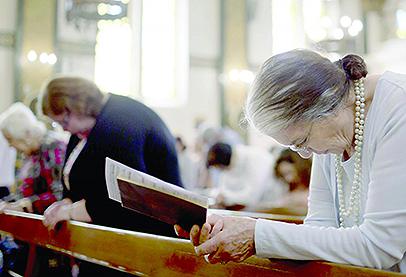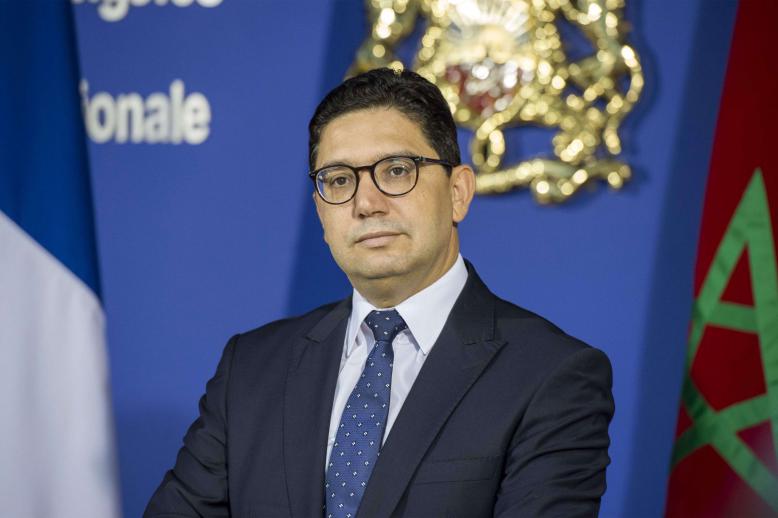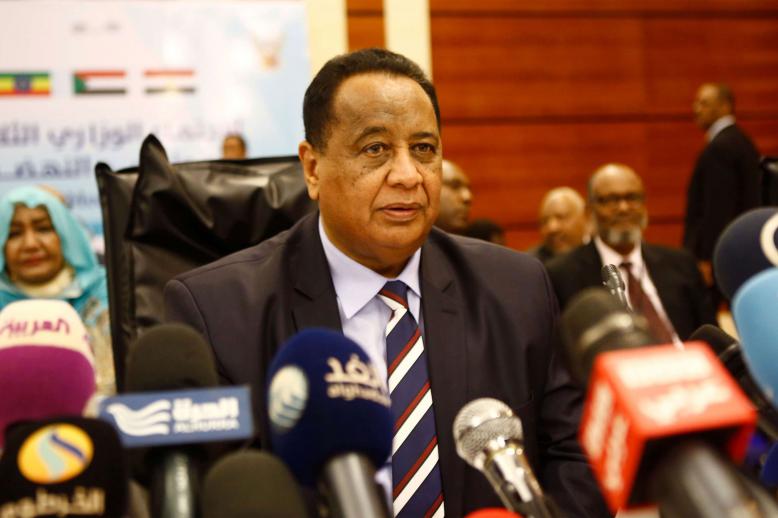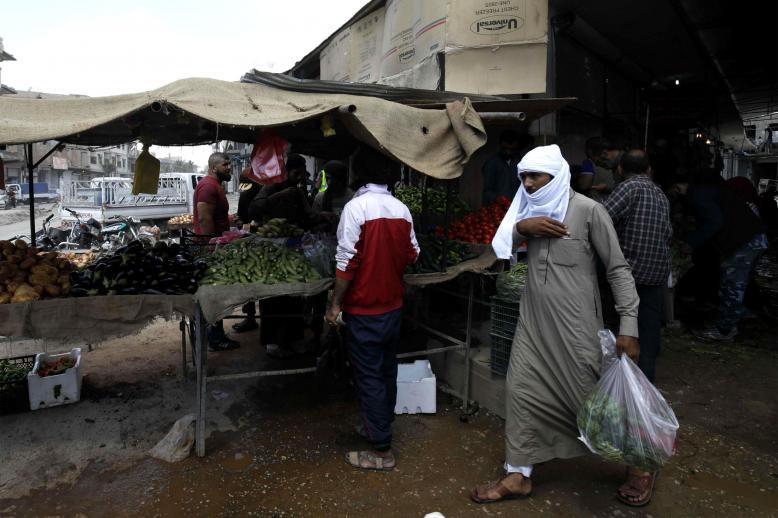Church licensing still a prickly issue in Egypt

Egyptian Prime Minister Sherif Ismail’s decision to legalise 53 churches did little to impress Egypt’s Christian minority.
One of the reasons is that they are just a fraction of the unlicensed churches in Egypt and do not have state security presence because they are not officially recognised. At a time when Islamist militants have been attacking Egypt’s Christian minority, this is a major source of concern.
“The Christians are afraid to pray at hundreds of churches, even though they do not have any alternatives, because they know that the prayers will incite the radicals and cause bloodshed,” said Hani Sabri Labib, a Christian lawyer campaigning for church licensing. “There is total frustration among Christians because of the failure of the government to legalise the churches.”
Church construction and licensing have been major issues for Egypt’s Christian community in recent decades.
Although the population of the Christian minority is estimated at 9 million, almost 10% of Egypt’s population, there are only 6,000 churches in the country. Many Christians must travel long distances to reach a church.
About 150 villages in southern Egypt do not have access to a church at all and most of Egypt’s churches are concentrated in Cairo, Giza province and Alexandria.
Many churches in Egypt need immediate restoration but Christians say they are unable to begin restoration work because of complicated bureaucratic processes. Church construction is similarly curtailed, meaning that most churches built in recent years have technically been constructed illegally and require licensing.
In August 2016, the Egyptian parliament approved a church construction and restoration law. The law made it necessary for churches built without licensing to be licensed. The prime minister formed a committee to consider requests for church licensing.
The Coptic Orthodox Church, the Roman Catholic Church and the Anglican Church requested licensing for 3,615 churches built without prior licensing. Last month, the committee approved the licensing of just 53 churches, even though other churches on the list met licensing requirements.
The Coptic Orthodox Church, which is followed by most of the Christians in Egypt, welcomed the move, describing it as “one good step” towards ending church licensing as a problem.
“We have hopes that the government will speed up the licensing of the other churches to meet the growing needs of the Christians for houses of worship,” said the Reverend Polis Halim, spokesman of the church.
Despite the church’s official welcome of the government decision, many Christians expressed disappointment that only 53 churches were licensed and called on the licensing committee to do more.
“Some Christians are deprived of the right to pray, simply because they do not have access to church,” said Ishak Ibrahim, a researcher at NGO Egyptian Initiative for Personal Rights. “This is a problem that needs to be solved if the government is really keen on equating the Christians with their Muslim compatriots who can easily construct new mosques or restore old ones.”
One of the problems facing the licensing process is that the committee formed by the prime minister to investigate licensing requests includes several government agencies, which creates another bureaucratic quagmire.
Labib called for reducing the number of committee members. The committee should be limited to the prime minister, the housing minister, the minister of local development and a representative of the church submitting the licensing request, he said.
The difficulties Christians face in securing government approval for the restoration of old churches or licensing for the construction of new ones does not reflect the deep ties between Christians and Egyptian President Abdel Fattah al-Sisi.
Sisi takes personal responsibility for the protection of the Christians, lobbies for equal citizenship rights for both Muslims and Christians and tries to eradicate decades-old stigmas related to the rights of Christians.
He is the first Egyptian president to attend Christmas celebrations at the Coptic Orthodox Church. This year, he attended the celebration at a church whose construction he ordered in the new administrative capital being built on the outskirts of Cairo.
Ibrahim said, however, the difficulties the Christians face in licensing church construction and restoration do not reflect a lack of political support for Christians but demonstrate the need for widespread cultural change in Egypt.
“It is low-ranking government employees who hinder the paperwork at the end of the day, even as the president stands up for the Christians,” Ibrahim said. “This is why a cultural change is needed for everyone to realise that the Christians have a right to pray to God, too.”
Ibrahim Ouf is an Egyptian journalist based in Cairo.
This article was originally published in The Arab Weekly.




